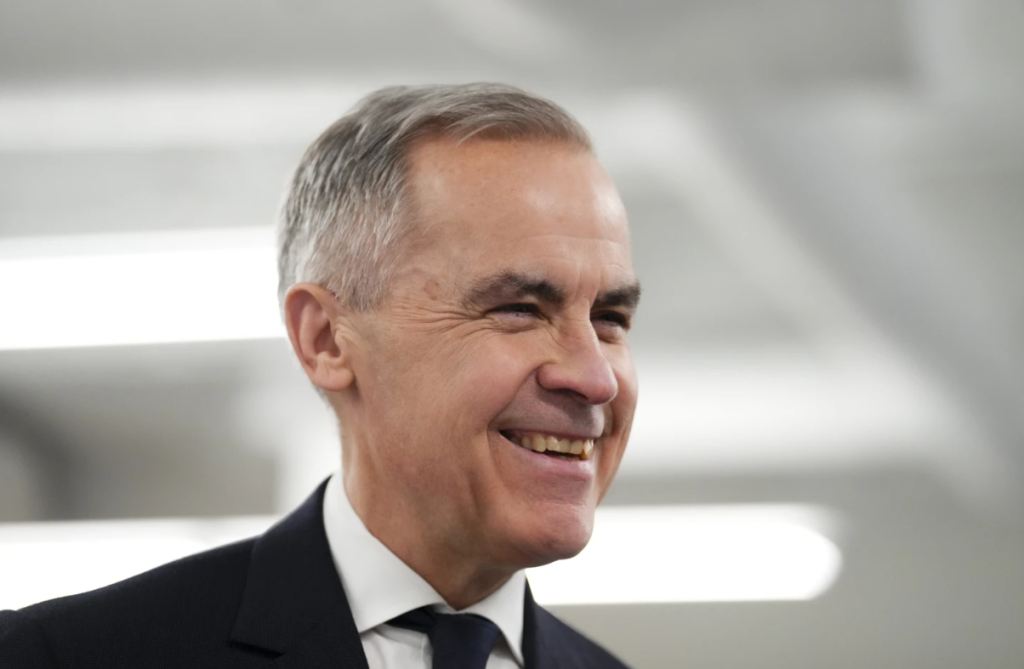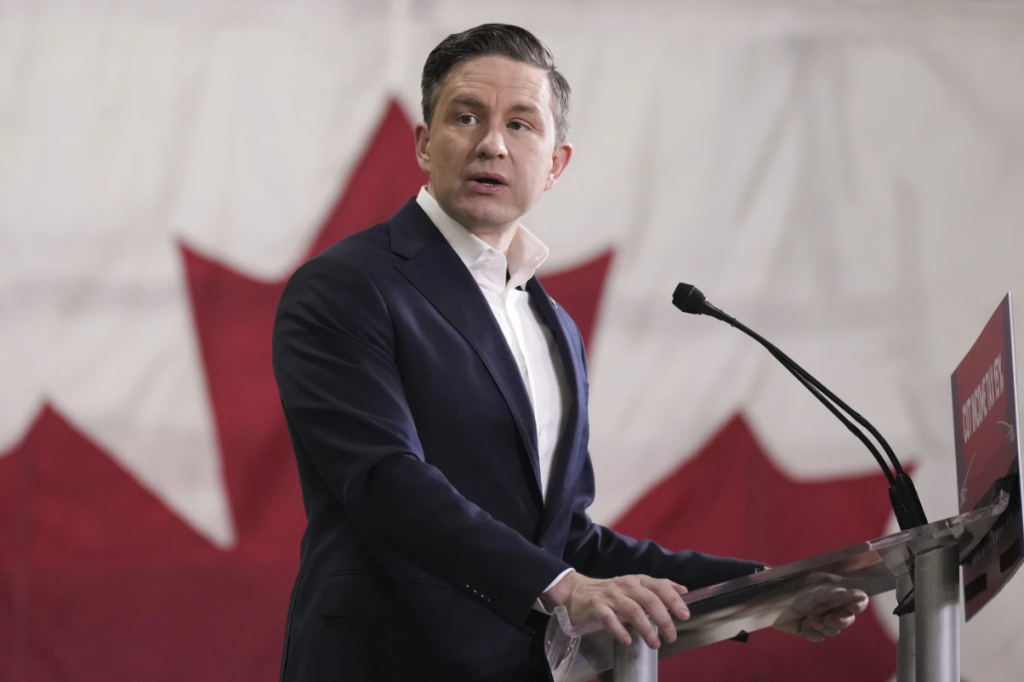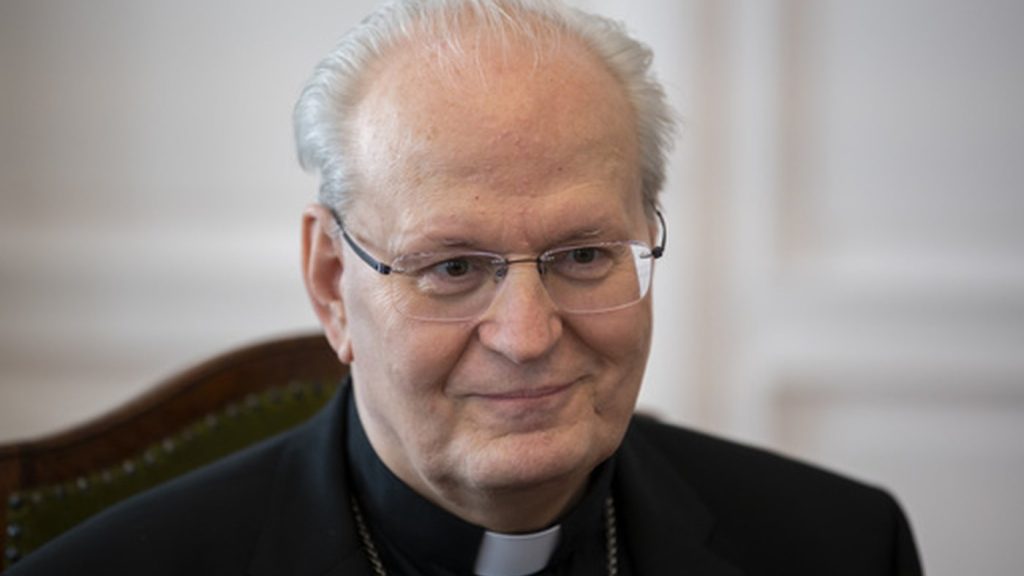Mark Carney's political career has rapidly unfolded since his swearing-in on March 14, following Justin Trudeau's resignation and the subsequent Liberal Party leadership race. Initially seen as a potential short-term prime minister, Carney's fortunes have changed dramatically, propelled by escalating tensions with U.S. President Donald Trump, who has launched a series of attacks on Canada's economy and sovereignty.
Entering the parliamentary elections on April 28, Carney now leads in the polls, reversing the dire predictions for the Liberals, who were previously trailing the Conservative Party by a significant margin. According to a mid-January poll conducted by Nanos, Liberals garnered only 20 percent support compared to the Conservatives' 47 percent. However, a recent Nanos poll conducted shortly before the elections indicated that the Liberals now enjoy a six-point lead over their Conservative rivals. The margin of error for the January survey was 3.1 points, while the latest poll's margin stands at 2.7 points.
Political science professor Daniel Béland from McGill University noted, "Timing is everything in politics, and Carney entered the political arena at a most favourable time." With Conservative leader Pierre Poilievre as his main rival—a career politician embodying a populist style akin to Trump—the election is increasingly viewed as a referendum on Canadian populism. Béland suggested many voters find Carney's extensive experience and composed demeanor reassuring amid the current political climate.
Without Trump's influence, it is likely that the Conservatives would have enjoyed a more advantageous position in the polls. Carney's ascendance to a leading role in the race is largely attributed to the backlash from Canadians against Trump's trade war and his provocative commentary about potentially making Canada the 51st state. This surge in nationalism has injected new life into Carney's campaign, which seemed doomed to failure earlier in the year.
The Latest on Mark Carney
Mark Carney, 60, previously managed crises as the governor of the Bank of Canada and the Bank of England, receiving bipartisan acclaim for his leadership in the wake of the 2008 financial crisis. His appointment as Bank of England governor marked a significant achievement, with former U.S. Treasury Secretary Henry Paulson describing it as "extraordinary" for a foreigner to hold such a prestigious position.
Carney's decisive actions during economic downturns, including slashing interest rates and promoting lending stability, have contributed to his reputation as a calm and competent leader. Moreover, his proactive communications strategies reassured the public, paving the way for sustained economic activity.
With a background in finance, having worked at Goldman Sachs prior to his central banking roles, Carney boasts a robust academic foundation. He holds a bachelor’s degree in economics from Harvard University and both master’s and doctoral degrees in economics from Oxford University. Born in Fort Smith, Northwest Territories, and raised in Edmonton, he has connections throughout Canada, further solidifying his political appeal.

Looking ahead, Carney has criticized the deterioration of Canada-U.S. relations under Trump, asserting that the 80-year period of productive cooperation is over. He has emphasized the need for Canada to forge a new relationship with the United States, pledging to accelerate the renegotiation of trade deals if elected. Carney stated, "President Trump is trying to fundamentally restructure the international trading system and in the process he’s rupturing the global economy," underscoring the urgency of addressing these challenges for the benefit of both nations.
As Carney positions himself as a steady hand in uncertain times, the outcome of the upcoming elections will undoubtedly significantly shape Canada's political trajectory and its international relationships.












